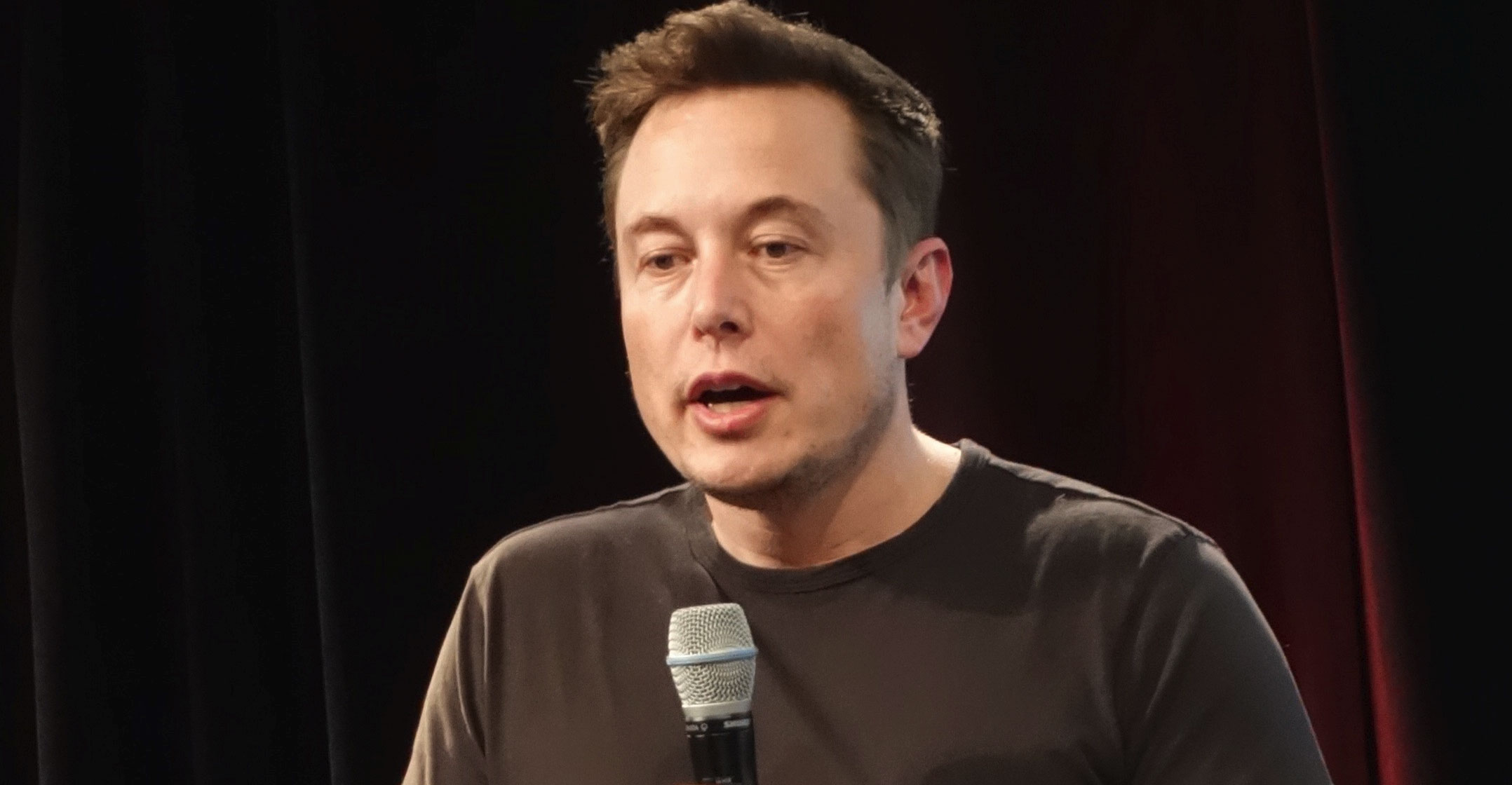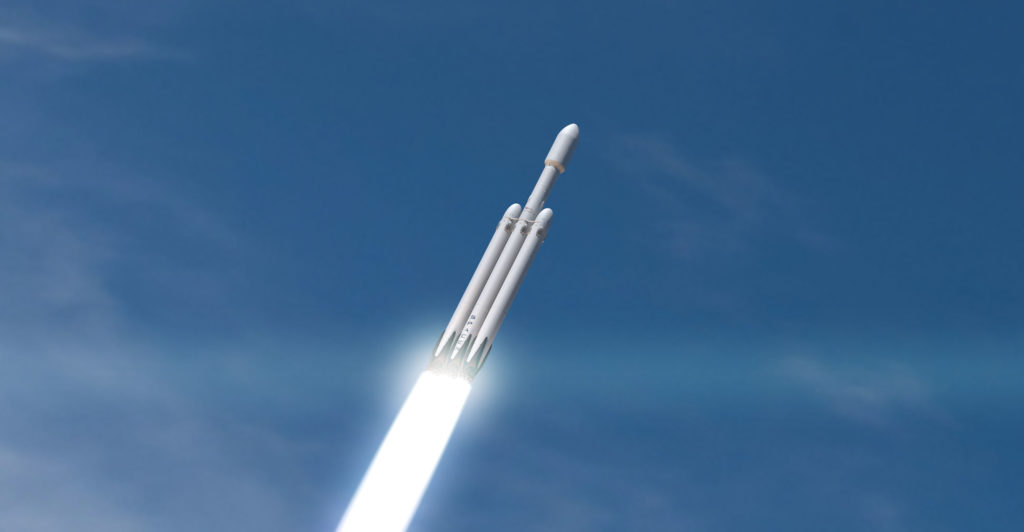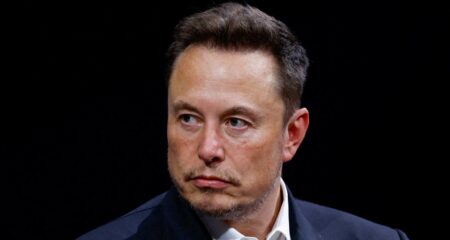
Elon Musk’s Twitter habit is putting him in increasing legal jeopardy, with the Tesla CEO facing millions of dollars in additional fines, tighter restrictions on his use of social media and even a possible bar on running the company, experts say.
The US Securities and Exchange Commission said on Monday that Musk’s unapproved post last week about Tesla vehicle production was misleading and violated a judge’s order from September. Last year, Musk was fined US$20-million, lost his chairmanship and was ordered to clear future tweets after a batch of tweets about taking the company private.
“Judges don’t like to be ignored, and they have a lot of power,” said Roberta Karmel, a former SEC commissioner who’s now a professor at Brooklyn Law School. “If I were the judge, I guess I’d come down pretty hard on Elon Musk.”
The securities regulator asked a New York judge to find Musk in violation of his September settlement, which required the CEO to clear with the company any communications important to Tesla investors. Tesla also appointed an experienced securities lawyer as Musk’s “Twitter sitter” to keep an eye on his social media posts.
The latest round of regulatory trouble for Musk comes after a 19 February tweet that said Tesla would make about half a million cars in 2019. A few hours later, the CEO amended his earlier tweet to say the “annualised production rate” should reach about 500 000, or about 10 000 cars per week, by the end of the year. Deliveries would reach only about 400 000, he said. The SEC asked US district court judge Alison Nathan to hold Musk in contempt of court, a move he immediately criticised in a new batch of tweets.
“They should take his phone away,” said John C Coffee Jr, a law professor at Columbia University and director of the Center on Corporate Governance. If Musk attempts a “total frontal confrontation, he could lose very badly”, Coffee said. “The SEC has authority to suspend an officer from serving in any public corporation.”
Contempt orders
Judge Nathan has granted a contempt order in at least one earlier SEC case. The securities regulator has pushed contempt orders before. In an unrelated 2017 case handled by Nathan, the SEC said it needs to show that a judge’s earlier order was “clear and unambiguous” that proof of noncompliance with that order is “clear and convincing”, and that the party alleged to be in contempt hasn’t been “reasonably diligent and energetic in attempting to accomplish what was ordered”.
In that 2017 case, the SEC won a contempt ruling against investment manager Anvil Partners. The regulator had sought records to help determine if the firm was overstating assets it managed. When Anvil refused to produce documents requested in a subpoena, Nathan imposed a fine of $250/day until the records were turned over and ordered the arrest of the firm’s owner.
But the judge and the SEC may be reluctant to try to impose the equivalent of a business death penalty by ousting Musk, whose name is synonymous with Tesla, according to Karmel.
 “What are you trying to do, destroy the company?” she said, anticipating a likely argument from Musk.
“What are you trying to do, destroy the company?” she said, anticipating a likely argument from Musk.
Peter Henning, a law professor at Wayne State University, said Musk is likely to argue that he didn’t intentionally violate the settlement because, as the CEO stated in a follow-up tweet, he believed the forecast of “around 500 000” vehicles produced in 2019 was included in an earlier earnings call and was already public.
“I view this as strike two with Musk,” Henning said. “The problem is not with this one, but if there’s ever strike three. Then the SEC could go back and seek a director and officer bar. If you keep ignoring a judicial order, the SEC may drop the hammer.”
One factor in Musk’s favour is that the SEC, at least for the time being, hasn’t asked to tear up the September settlement, which also included a $20-million fine against Tesla. It chose only to seek a contempt order against Musk, not the company.
“Given the business realities, it’s very hard to separate Musk from Tesla and Tesla and Musk,” said Joseph Grundfest, a Stanford Law Professor and former SEC commissioner.
One possible result of the latest SEC allegations could be putting Musk in “Twitter jail” with no social media privileges, or increasing fines, Grundfest said.
“The SEC is staying flexible in terms of ultimately what they’ll ask them to do,” said Stephen Crimmins, a former SEC enforcement lawyer who’s now a partner at Murphy & McGonigle. “It seems that they’re trying to hold on to the result that they got for the settlement, but make the restrictions tighter.”
Judge Nathan set 11 March as the deadline for Musk’s lawyers to respond to the SEC’s sanctions request. She hasn’t yet set a hearing in the matter. — Reported by Bob Van Voris and Ben Bain, with assistance from Christian Berthelsen, David Westin and Alix Steel, (c) 2019 Bloomberg LP




